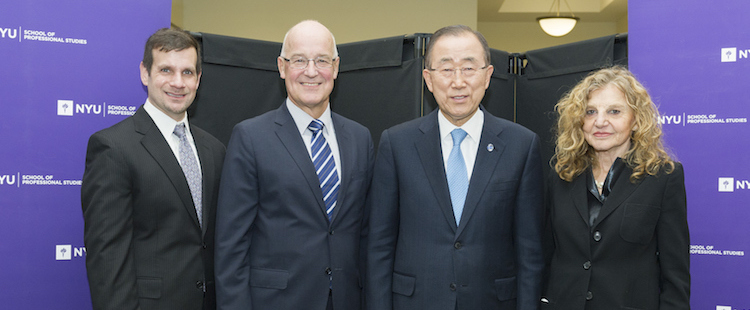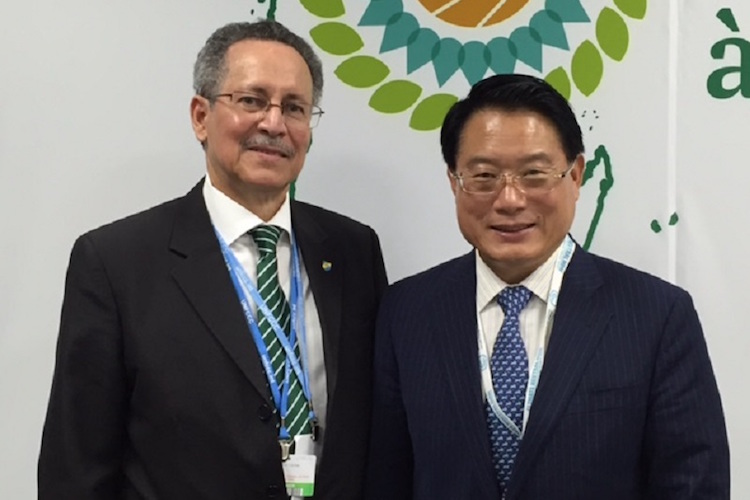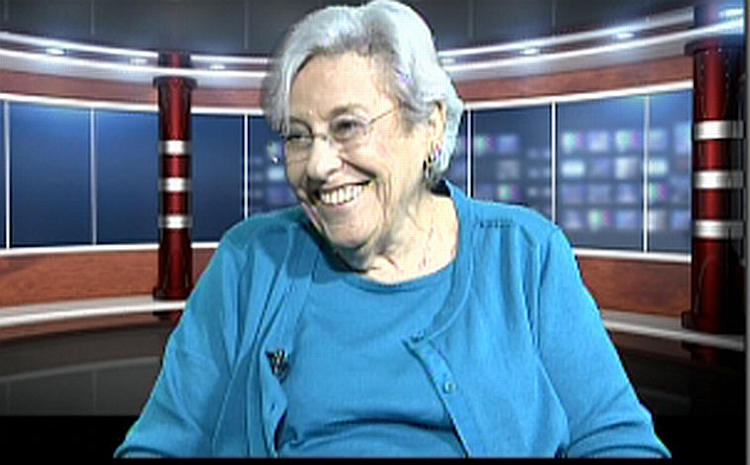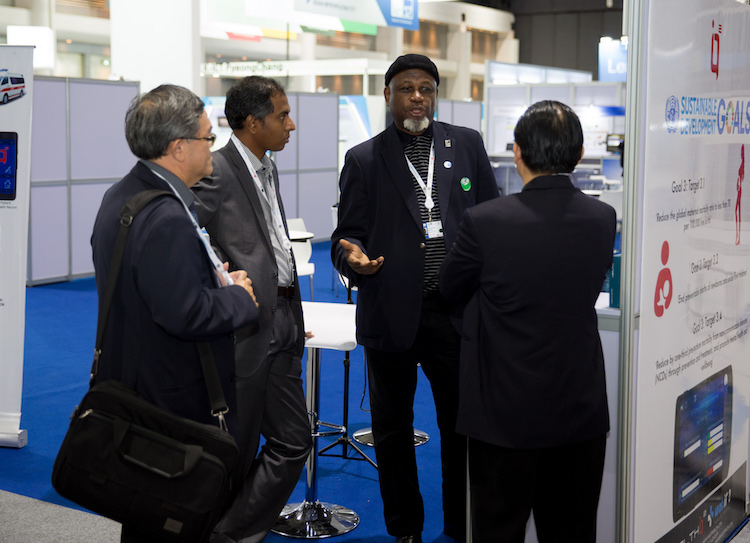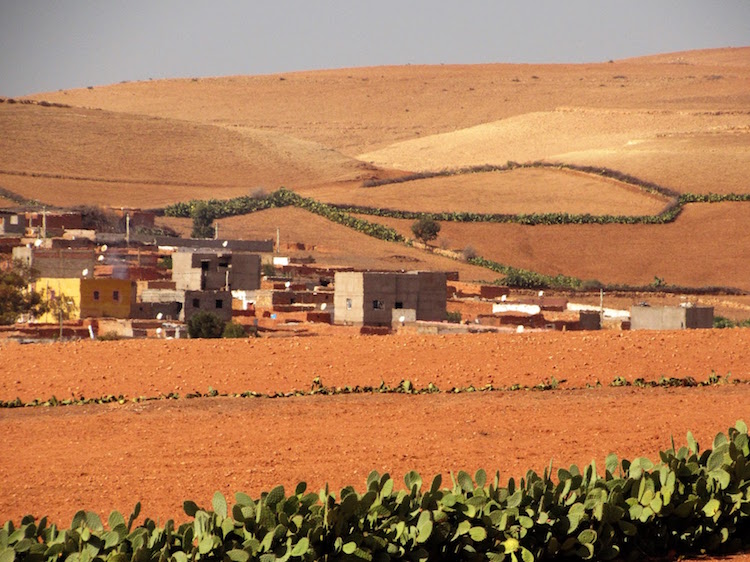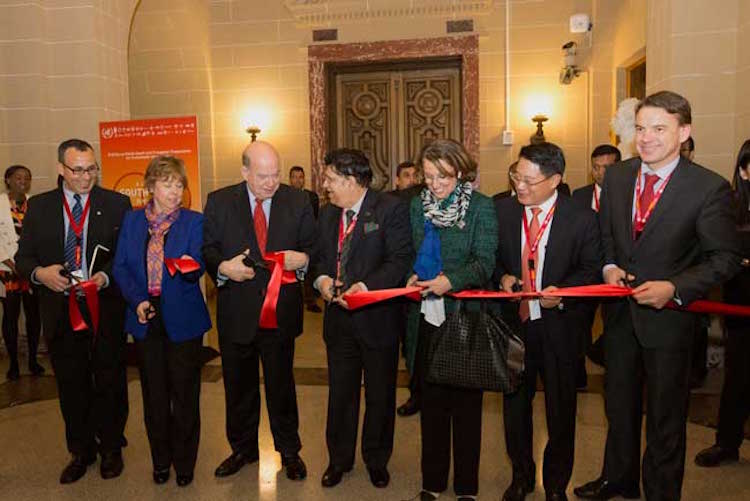By A.D. McKenzie
PARIS (IDN | SWAN) – Many people know of UNESCO’s World Heritage Sites, which include structures such as China’s Great Wall and Tanzania’s Stone Town of Zanzibar – “places on earth that are of outstanding universal value to humanity” – but fewer perhaps know of the UN agency’s Intangible Cultural Heritage List.
This is an international register of cultural practices that are important for communities, in both traditional and modern ways, and 171 UNESCO member states have ratified a convention to safeguard these types of customs.


